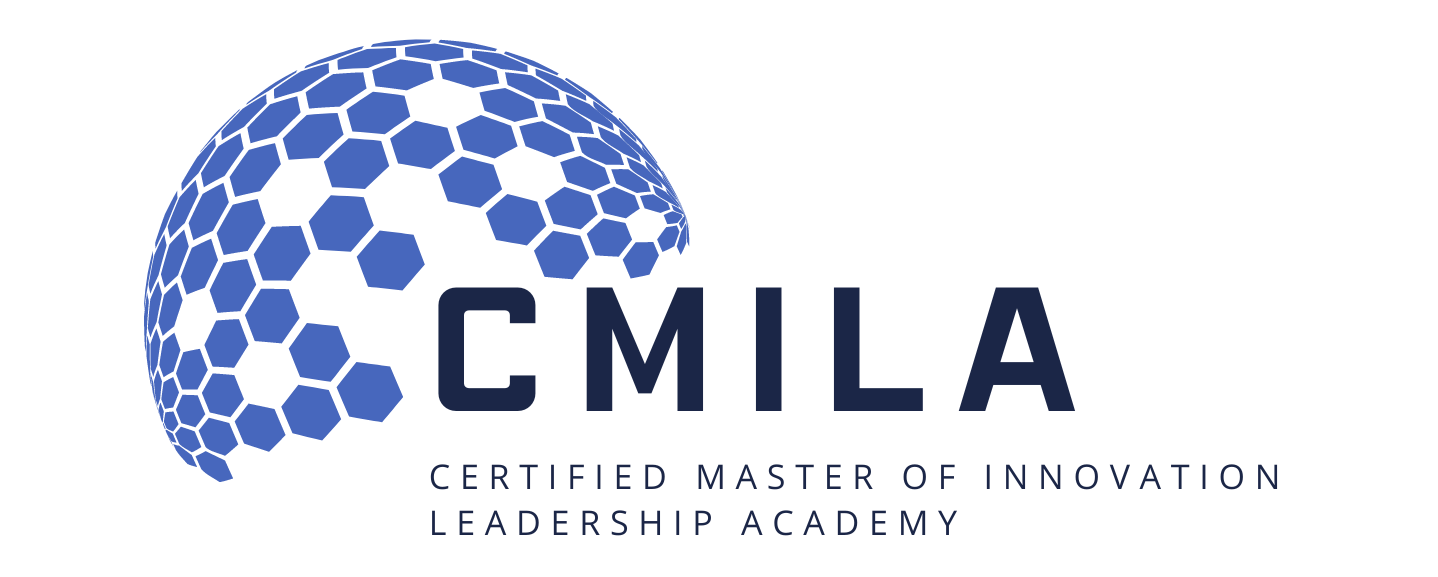Certified Sustainable Innovation Specialist (CSIS)
The Certified Sustainable Innovation Specialist (CSIS) Certification Course by Tonex is a comprehensive program designed to equip professionals with the knowledge and skills required to drive sustainable innovation within organizations. This course explores the intersection of sustainability and innovation, providing participants with a deep understanding of sustainable practices and their application in the innovation process.
Learning Objectives:
- Understand the principles of sustainability and their relevance to innovation.
- Identify opportunities for sustainable innovation within an organization.
- Develop strategies for integrating sustainability into the innovation lifecycle.
- Implement tools and methodologies for measuring and assessing the sustainability impact of innovations.
- Foster a culture of sustainable innovation within the organizational framework.
- Gain proficiency in communicating the value of sustainable innovation to stakeholders.
Audience: This course is tailored for professionals and decision-makers across industries, including executives, managers, engineers, and sustainability champions, seeking to enhance their ability to drive sustainable innovation initiatives within their organizations.
Course Outline:
Module 1: Introduction to Sustainable Innovation
- Defining Sustainable Innovation
- Understanding the Business Case for Sustainable Innovation
- Analyzing Global Trends in Sustainable Business
- Exploring the Link Between Sustainability and Competitive Advantage
- Examining the Role of Regulation in Driving Sustainable Innovation
- Assessing the Impact of Sustainable Innovation on Stakeholder Relations
Module 2: Opportunity Identification
- Recognizing Opportunities for Sustainable Innovation
- Leveraging Market Research for Sustainable Product Development
- Identifying Environmental and Social Challenges as Innovation Drivers
- Analyzing Successful Case Studies of Sustainable Innovations
- Exploring Cross-Industry Inspiration for Sustainable Solutions
- Identifying Emerging Technologies for Sustainable Development
Module 3: Integration Strategies
- Incorporating Sustainability into the Innovation Process
- Aligning Sustainable Innovation with Organizational Goals
- Integrating Sustainable Practices in Research and Development
- Implementing Green Supply Chain Management
- Balancing Cost and Sustainability in the Innovation Lifecycle
- Developing Cross-Functional Collaboration for Sustainable Innovation
Module 4: Measurement and Assessment
- Tools for Measuring the Sustainability Impact of Innovations
- Life Cycle Assessment (LCA) for Product and Process Sustainability
- Assessing the Environmental Footprint of Innovations
- Social Impact Assessment in Sustainable Innovation
- Economic Metrics for Evaluating Sustainable Innovation
- Establishing Key Performance Indicators (KPIs) for Sustainability in Innovation
Module 5: Cultivating a Sustainable Innovation Culture
- Building a Culture That Fosters Sustainable Innovation
- Leadership’s Role in Promoting Sustainable Practices
- Employee Engagement in Sustainable Initiatives
- Training Programs for Sustainable Thinking and Decision-Making
- Recognizing and Rewarding Sustainable Innovations
- Creating an Inclusive and Diverse Environment for Sustainable Creativity
Module 6: Communication and Stakeholder Engagement
- Effectively Communicating the Value of Sustainable Innovation
- Crafting a Compelling Sustainability Narrative
- Engaging Internal Stakeholders in Sustainable Practices
- Building External Partnerships for Sustainability
- Handling Sustainability Reporting and Disclosure
- Addressing Stakeholder Concerns and Feedback in a Transparent Manner
Overview of the Certification Process:
- Familiarize yourself with the prerequisites, if any, for taking the exam.
- Review the certification roadmap to understand the different levels of certification offered (e.g., Foundation, Advanced, Expert) and the requirements for each level.
- Identify the benefits of obtaining the certification for your career and professional development.
Details of the Exam:
Format: Multiple-choice, scenario-based, practical exercises
Content Areas: Review the exam blueprint or syllabus to identify the specific topics and knowledge areas covered in the exam. This will help you focus your study efforts on the most relevant content.
Passing Score: Understand the minimum passing score required to achieve certification and aim to exceed this threshold during your preparation.
Study Resources: Identify recommended study resources, such as certification manual, study guides and practice exams, to help you prepare effectively for the exam.
Exam Sample Questions:
- Practice with sample questions to familiarize yourself with the exam format and assess your readiness.
- Analyze each question carefully, paying attention to key details and any clues provided in the question stem or answer choices.
- Practice time management by setting aside dedicated study sessions to complete sample questions within the allotted time frame.
- Review your answers and explanations for correct and incorrect responses to identify areas for improvement and further study.
